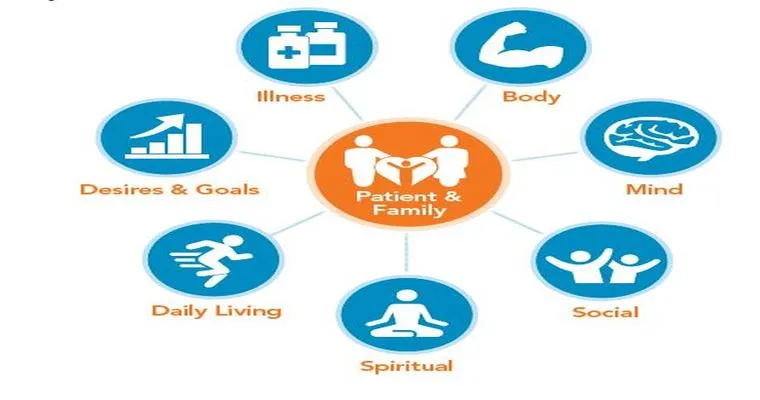When caring for a loved one diagnosed with "dementia", families often face difficult decisions about their care. Understanding when "hospice" or "palliative care" becomes an option is crucial for ensuring comfort and quality of life. This article will delve into the factors that determine when these services are appropriate for dementia patients, guiding families through this challenging journey.
Dementia is a progressive condition that affects memory, thinking, and behavior. As the disease advances, patients may experience significant cognitive decline and physical health issues. It is essential to recognize when traditional treatment options are no longer effective and when to shift the focus towards "end-of-life care" or symptom management.
Understanding Hospice and Palliative Care
"Palliative care" is a specialized medical approach that focuses on providing relief from the symptoms and stress of a serious illness. It can be provided at any stage of the disease and alongside curative treatments. The goal of palliative care is to improve the quality of life for both the patient and their family.
On the other hand, "hospice care" is specifically designed for individuals who are in the final stages of a terminal illness, typically with a life expectancy of six months or less. Hospice care emphasizes comfort and quality of life, prioritizing the patient's and family's needs over aggressive treatments.
When to Consider Palliative Care for Dementia Patients
Palliative care can be beneficial for dementia patients at any stage of the disease. Families should consider engaging palliative care when:
1. "Symptom Management": If the patient experiences distressing symptoms such as pain, agitation, or difficulty swallowing, palliative care can help manage these issues effectively.
2. "Emotional Support": Dementia can lead to emotional challenges for both patients and caregivers. Palliative care teams can provide counseling and support services to address these emotional needs.
3. "Care Coordination": Palliative care offers assistance with navigating healthcare systems and coordinating care among various providers, which can be invaluable for families managing complex medical situations.
When to Transition to Hospice Care
Determining when to transition to hospice care can be more nuanced, especially in dementia patients. Families should consider hospice options when:
1. "Advanced Disease Progression": If the patient is in the late stages of dementia, characterized by severe cognitive impairment, inability to communicate, and loss of physical abilities, hospice may be appropriate.
2. "Declining Health": If the patient experiences significant weight loss, frequent infections, or other serious health complications, it may indicate that curative treatments are no longer effective.
3. "Focus on Comfort": When the focus shifts from curative treatments to comfort measures, hospice care can provide a supportive environment for the patient and family.
The Role of Healthcare Providers
Families should engage in open and honest discussions with healthcare providers about the patient’s condition and prognosis. Physicians can provide valuable insights into the progression of dementia and when hospice or palliative care may be appropriate. Early discussions about care preferences and goals can help families make informed decisions that align with the patient's wishes.
Conclusion
Navigating the complexities of care for a dementia patient can be overwhelming. Understanding when "hospice" or "palliative care" becomes an option is essential for ensuring that loved ones receive the support they need. By recognizing the signs of advanced dementia and engaging with healthcare providers, families can make compassionate choices that prioritize comfort and quality of life for their loved ones.





